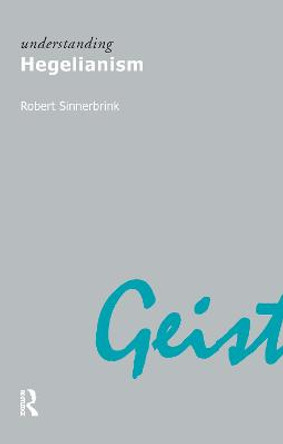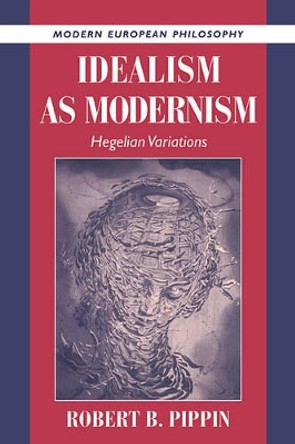The great German idealist philosopher G. W. F. Hegel has exerted an immense influence on the development of philosophy from the early 19th century to the present. But the metaphysical aspects of his thought are still under-appreciated. In a series of essays Robert Stern traces the development of a distinctively Hegelian approach to metaphysics and certain central metaphysical issues. The book begins with an introduction that considers this theme as a whole, followed by a section of essays on Hegel himself. Stern then focuses on the way in which certain key metaphysical ideas in Hegel's system, such as his doctrine of the 'concrete universal' and his conception of truth, relate to the thinking of the British Idealists on the one hand, and the American Pragmatists on the other. The volume concludes by examining a critique of Hegel's metaphysical position from the perspective of the 'continental' tradition, and in particular Gilles Deleuze.
About the AuthorRobert Stern is Professor of Philosophy at the University Sheffield. He came to the university in 1989, having been a graduate and Research Fellow at St John's College, Cambridge. He has published two books on Hegel, and is currently President of the Hegel Society of Great Britain.
ReviewsThere is no doubt that Stern is one of the best Hegel scholars currently around ... a remarkably competent and enormously resourceful analyst of what is living and dead in a metaphysical discourse which does not ostracize Hegel. * Rolf-Peter Horstmann, MIND *
Book InformationISBN 9780199239108
Author Robert SternFormat Hardback
Page Count 408
Imprint Oxford University PressPublisher Oxford University Press
Weight(grams) 779g
Dimensions(mm) 240mm * 162mm * 27mm









